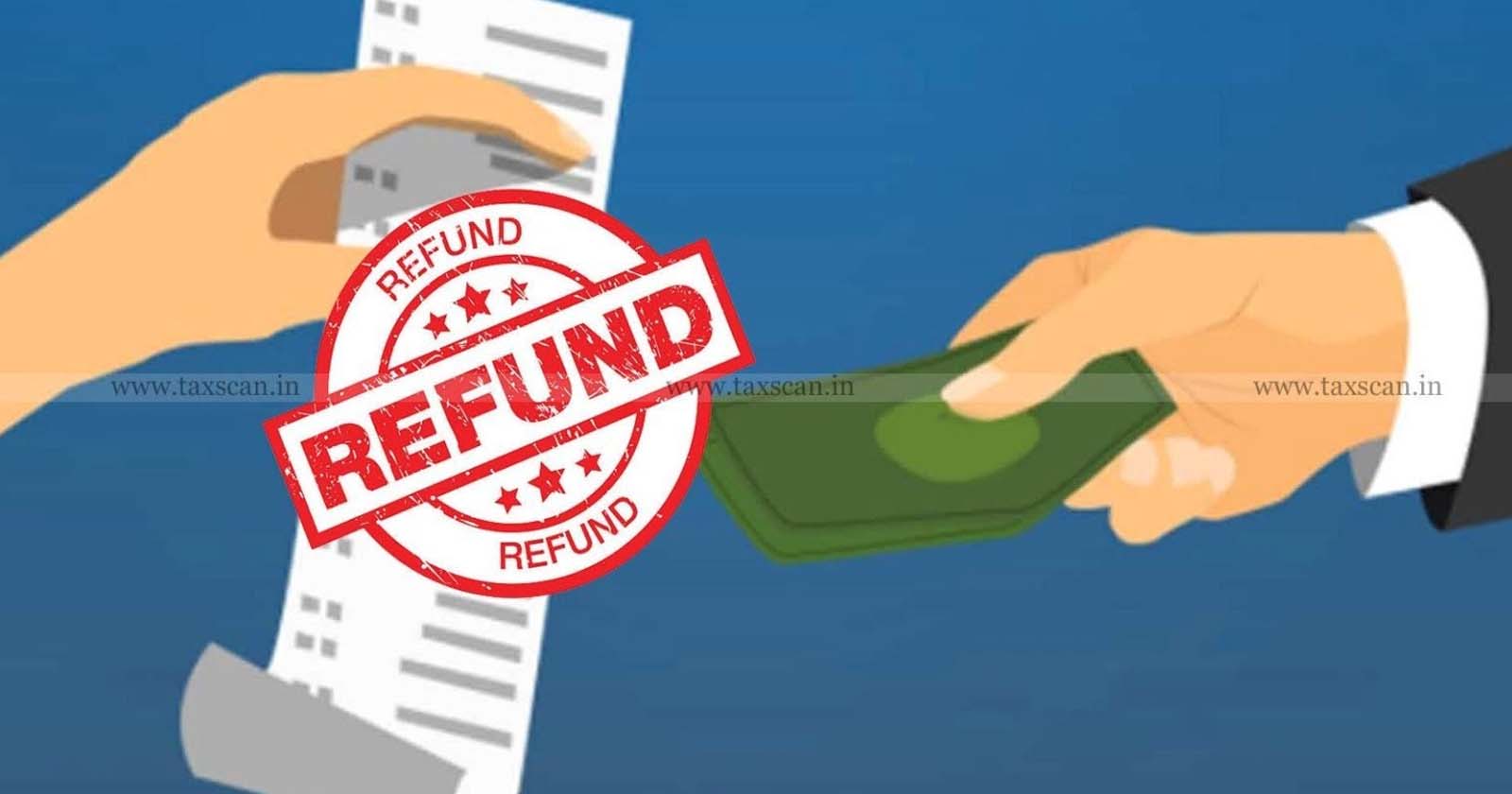Trading Not Exempted Service Before 2011: CESTAT Quashes CENVAT Credit Demand and Penalty [Read Order]
The Tribunal found that the extended period of limitation was wrongly invoked, as the demand stemmed from audit findings without any evidence of suppression, fraud, or misstatement
![Trading Not Exempted Service Before 2011: CESTAT Quashes CENVAT Credit Demand and Penalty [Read Order] Trading Not Exempted Service Before 2011: CESTAT Quashes CENVAT Credit Demand and Penalty [Read Order]](https://images.taxscan.in/h-upload/2025/07/24/2068537-demand-and-penalty-cenvat-credit-taxscan.webp)
The Chandigarh Bench of Customs,Excise and Service Tax Appellate Tribunal ( CESTAT ) held that trading was not treated as an exempted service before 01.04.2011 under Rule 2(e) of the CENVAT Credit Rules,2004 and quashed the CENVAT credit demand and penalty imposed on the assessee.
Frigo Glass India Pvt. Ltd.,appellant-assessee,was engaged in manufacturing commercial refrigerators. During an audit in July/August 2013, it was found that the company also carried out trading activities, which qualified as exempted services. Since separate records for input services were not maintained, authorities held that CENVAT credit reversal was required under Rule 6(3) of the CENVAT Credit Rules.
The assessee reversed ₹42.86 lakh for FY 2011-12 and 2012-13, along with interest and penalty. However, a show cause notice was later issued demanding ₹79.99 lakh in CENVAT credit. The Commissioner confirmed the demand and imposed an equal penalty, leading to the present appeal.
 Also Read:CESTAT Allows Refund of Amounts Paid Under Mistake, Even Beyond One-Year Limitation Period [Read Order]
Also Read:CESTAT Allows Refund of Amounts Paid Under Mistake, Even Beyond One-Year Limitation Period [Read Order]
The assessee counsel argued that trading activities were classified as exempted services only from 01.04.2011 under Rule 2(e) of the CENVAT Credit Rules and could not be applied retrospectively. He relied on multiple rulings, including My Car (Bhopal) Pvt. Ltd., Franke Faber India Ltd., and Ingersoll-Rand Technologies, to support this position.
He further stated that the demand was based on interpretation of law and figures from publicly available documents like balance sheets. Since the show cause notice was audit-based and the Department failed to prove suppression or fraud, he contended that the extended period was wrongly invoked and the penalty was not justified. He cited several cases in support of this claim.
The Department, on the other hand, supported the Commissioner’s order and relied on Ruchika Global Interlinks.
The two member bench comprising S.S.Garg (Judicial Member) and P.Anjani Kumar( Technical Member) observed that trading activities were treated as exempted services only from 01.04.2011, based on the amended definition under Rule 2(e) of the CENVAT Credit Rules and supported by a 2011 notification. It held that the assessee was not required to reverse CENVAT credit for the period before this date.
It further found that the extended period was wrongly invoked, as there was no evidence of fraud, suppression, or misstatement. The assessee was regularly audited and had paid taxes, and the demand was based solely on audit findings.
The appellate tribunal referred to a past ruling that held that the responsibility to assess returns lies with the tax officer, and if the department failed to act within the normal period, extended limitation could not apply.
Since the assessee had already reversed credit from 01.04.2011, the tribunal held that the demand was not sustainable on both merit and limitation and allowed the appeal.
Support our journalism by subscribing to Taxscan premium. Follow us on Telegram for quick updates


